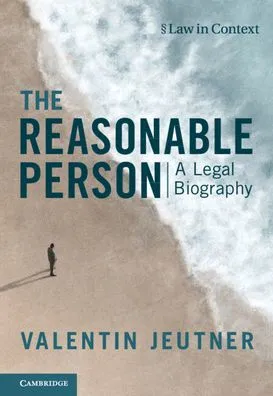The figure of the reasonable person is central in law. Whether the inquiry is what ordinary care or ordinary prudence would require in tort law, or when self-defense is justified in criminal law, or what is required of lawyers in professional responsibility, or the standard for intent in contract law, or many others, the reasonable person is an example of what has been called a “legal fiction.” Legal fictions are artificial constructions that do not actually exist but that are adopted or assumed in order assist the law to achieve some object.
When we talk about the idea of the reasonable person in the courses I teach and in which it is relevant, it becomes necessary also to explore the concepts of objectivity and subjectivity in law. These terms take on a particular meaning in law that does not necessarily apply in other contexts. Objectivity in the law means something like, “what is general.” If a standard is objective, it will not depend upon the individual capabilities or preferences or states of mind of the particular party or parties that happen to be in court. If the jury is asked to apply an objective standard, it is asked to imagine a hypothetical person in the community who behaves in a certain way, and what such a person ought to have in mind, or ought to do. The standard of negligence is, for example, not what a person actually did know, but what he or she should have known. Subjectivity, by contrast, concerns what this or that person actually thought, or actually believed, or was actually capable of doing.
The reasonable person standard is, in this way, objective. It exists as a single standard that captures something real about the community in which it is situated, something characteristic of the community qua community. It is a legal fiction, but it represents something true nevertheless, as well as something unitary. It is useful for students to imagine the reasonable person not only because the law demands it, but also because it compels them to think in objective terms, even if that objectivity is social or cultural rather than metaphysical. It requires them to reflect on what is, in that somewhat limited sense, real. This exercise runs against the more general tendency to think that “everything is subjective” or that there are no general standards but only individual or personal capacities or preferences. It is healthy for students to be required to think about general, social standards that will be imposed in the law, like it or not. The reasonable person is a person of social obligations–of oughts.

I was reflecting on these attributes of the reasonable person when I saw this forthcoming book: The Reasonable Person: A Legal Biography (Cambridge University Press), by Valentin Jeutner, out later this summer. I’m sure the book will be very interesting, but what caught my eye was the description of the reasonable person the book appears to adopt: “Jeutner argues that the reasonable person is, at heart, an empathetic perspective-taking device, by tracing the standard of the reasonable person across time, legal fields and countries…The perspective of another is taken by means of empathy, by feeling what others might feel in a particular situation. Thus construed, the figure of the reasonable person can help us make more accurate judgments in a diverse world.”
My own view of the reasonable person is quite different. Understanding the reasonable person does not depend upon entering empathetically into the perspective of another. Just the opposite. It depends upon thinking rationally about the general outlook–the perspective not “of another,” but of all others–in the society in which one is situated. The reasonable person is not a single person or a single group. It is the group. It operates as a centripetal force against diversity and difference. Indeed, this is one reason that the reasonable person has come in for such criticism by critical scholars. It is a socially unifying device, not a splintering one.


